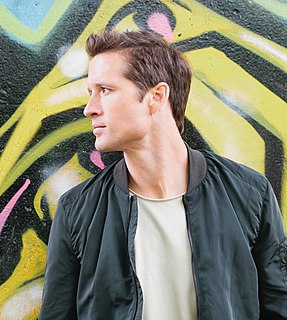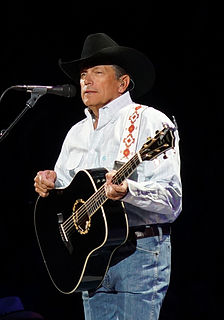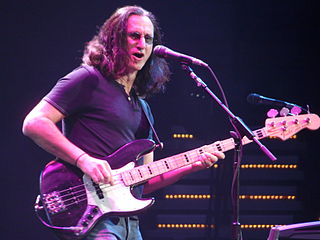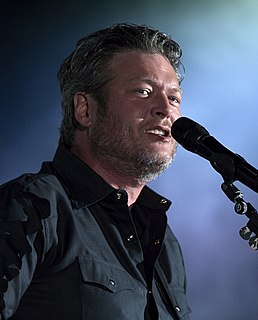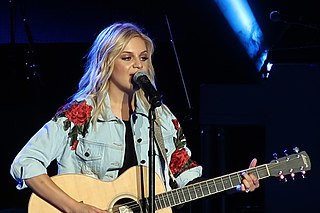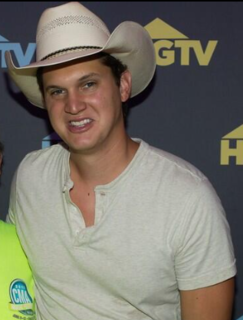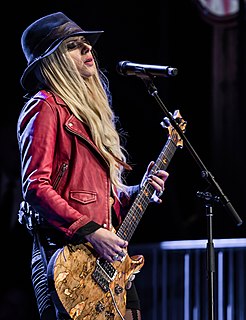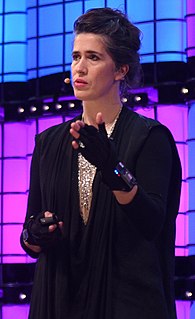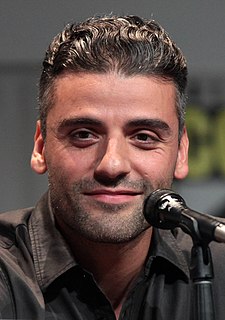A Quote by Walker Hayes
'Check Yes Or No' is a song that I reference in ''90s Country.' George Strait had a very crafty lyric: it tells a story then comes back around. Never gets old.
Related Quotes
It don't matter if you put 'The Dance' out, or any old George Strait song. Someone is going to think that it's awful. You gotta be able to just sit back and kind of laugh it off and know you're doing exactly what you wanna do, and if people don't like it, then it's not really my place to tell them they have to like it.
My work is very dear to me, and certainly I have had all the emotional highs and lows that go with trying to get it to an audience. But I do have some kind of detachment that seems somewhat unusual in my trade. I'm a writer who writes every day. I don't have a period of months where I can't get anything done and I wander around tearing my hair out. When I come back from a book tour, for instance, I might have one day where I sleep late and then check my e-mail, and then go for a walk, and then the next day I'm really itching to get back at writing a story.
Stephen Hawking's A Brief History of Time tells the story of a cosmologist whose speech is interrupted by a little old lady who informs him that the universe rests on the back of a turtle. Ah, yes, madame, the scientist replies, but what does the turtle rest on? The old lady shoots back: You can't trick me, young man. It's nothing but turtles, turtles, turtles, all the way down.
